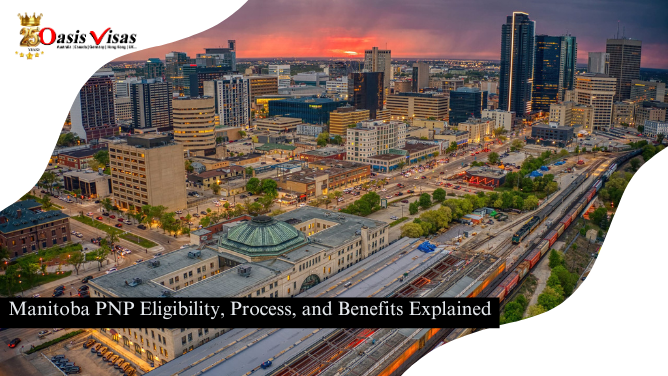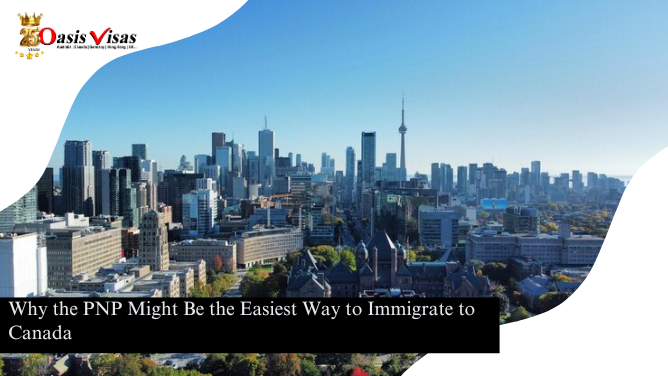
This week, Manitoba opened its doors once again to skilled foreign workers, inviting a select group of candidates to apply for provincial nomination through its strategic recruitment initiative. These invitations were extended to individuals with professional experience in occupations currently facing labour shortages in the province.
Provincial Nominee Program Update: March 30 to April 5
On April 3, the Manitoba Provincial Nominee Program (MPNP) conducted a draw under its Skilled Worker Overseas stream. The draw focused on candidates who had been identified and invited directly by the province through its strategic recruitment efforts.
In this round, 4 Letters of Advice to Apply (LAAs) were issued. The lowest-ranked candidate who received an invitation had a score of 721. Notably, none of the selected applicants had a valid Express Entry profile number or a job seeker validation code.
What Are Strategic Recruitment Initiatives?
Strategic recruitment initiatives are a unique approach used by Manitoba to connect employers with skilled international workers. These initiatives allow Manitoba employers who are facing immediate and ongoing labour shortages to recruit qualified talent from abroad.
To participate in the initiative, employers must first prove that they meet eligibility criteria for the roles they’re hiring for. They must also complete the ABC Recruitment Process, which closely mirrors the process involved in applying for a Labour Market Impact Assessment (LMIA).
Once approved, employers can refer international candidates who meet the criteria set out by the MPNP. These referred candidates are then considered for nomination under the Skilled Worker Overseas stream.
Candidate Requirements for Strategic Recruitment
In addition to meeting the MPNP’s program-specific criteria, candidates referred through strategic recruitment must also:
1. Be between 21–45 years of age (exceptions may apply if requested by the employer)
2. Have post-secondary education, where required by the job or employer (in some cases, on-the-job training may be accepted)
4. Possess at least 2 years of full-time work experience in a related field within the last 5 years
5. Meet minimum language requirements, such as:
- Canadian Language Benchmark (CLB) 5 in all areas for occupations in TEER 0–3
- CLB 4 in all areas for occupations in TEER 4–5
Additionally, candidates must show a genuine intent and ability to settle in Manitoba. They are also expected to have a full-time, long-term, or permanent job offer already secured. Preference is typically given to candidates who plan to live outside the Winnipeg Metropolitan Region.
Applicants who have strong ties to other Canadian provinces such as previous work or study experience may be seen as less likely to remain in Manitoba and could therefore be refused.
Understanding the TEER System
The Training, Education, Experience, and Responsibilities (TEER) system is used within the National Occupation Classification (NOC) to assess the skill level of various occupations. Here’s how it breaks down:
- TEER 0: High-skilled jobs, often in managerial roles
- TEER 1: Jobs that generally require a university degree
- TEER 2–3: Roles that may need college diplomas or apprenticeship training
- TEER 4–5: Jobs requiring on-the-job training or secondary school education
By aligning recruitment efforts with the TEER system, Manitoba ensures that the foreign workers being invited are well-suited for the province’s labour market needs.










